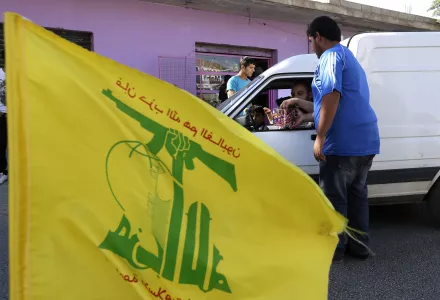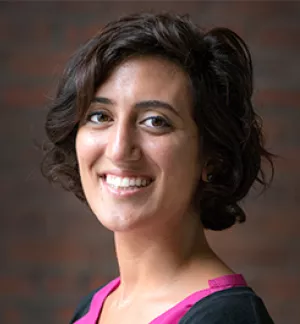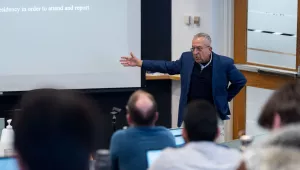
Summary
Uneven democratization is a poorly understood legacy of civil war. In the aftermath of the Lebanese Civil War (1975–1990), wartime processes of displacement interacted with Syria’s intervention to transform local postwar political orders. In Beirut’s suburbs, the bonds between militias and displaced populations created opportunities for displaced people to extract responsiveness from local institutions. A militia allied with the intervening power can retain political control over its strongholds. If the intervener represses a militia, pluralistic party politics may emerge.
Amanda Rizkallah, "Foreign Intervention and Internal Displacement: Urban Politics in Postwar Beirut," International Security, Vol. 48, No. 3 (Winter 2023/24), pp. 86–





